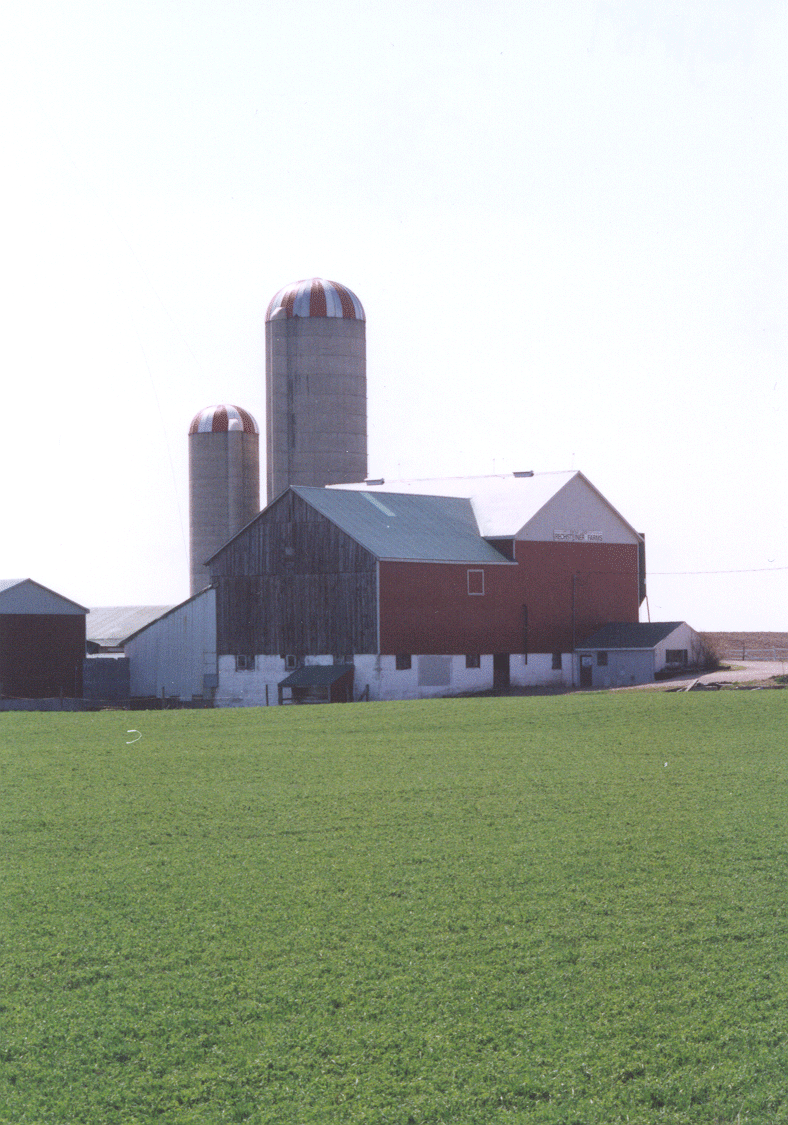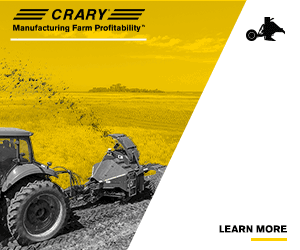Three pillars of sustainability
OUR ROLE AS FARMERS
Nick Betts is the Market Development Coordinator, Environment and Sustainability for Grain Farmers of Ontario. In this role, he ensures that our organization has a voice within the broader ag industry for conversations on the environment, sustainability, and food safety. Here, he writes about some of the activities currently underway.
SUSTAINABILITY ENCOMPASSES THE integration of three key value pillars: economic prosperity, environmental responsibility, and social justice. Without all three pillars sustainability is not achieved.

DEFINING SUSTAINABILITY
Farmers are key players in facilitating sustainability in the rural community, providing an influx of economic value from outside the community and ecological goods and services from the land, and developing the foundation for a vibrant local culture.
Sustainable farming practices are accomplished through the very economic tools a farmer uses to maintain a productive farm business. Ontario farmers already have numerous sustainable farming practices, such as soil sampling and amendment, conservation tillage, planting and harvesting practices to maximize economic and environmental prosperity, as well as good business practices in the community, across the industry, and with employees.
Farmers’ practices have a direct effect on the profitability of their business and the investment for their personal and family future, as well as that of the community. As a result, sustainable farming practices continue to evolve and develop as business practices are modified and as new science-based metrics develop.
Because sustainability requires economic prosperity, the product from the farm must have a market. This suggests that for a value chain to be sustainable, the farmer will receive some form of recompense for additional practices, reports, or operational requirements necessary — either through premiums paid for a product, preferential market access, or other benefits that maintain and/or increase the economic prosperity of the farm, business, and the local community.
As an organization, Grain Farmers of Ontario works with industry, environmental groups, and government to increase sustainability throughout the domestic supply chain, as well as developing value through sustainability via our international export markets. We have several projects that we are currently focusing on.
PROJECTS
We are ensuring Ontario grain farmers are engaged in the definition of farm-level and commodity-based sustainability indicators, through our involvement with the entire grain value chain, including grain handlers, processors, manufacturers and retailers. We are committed to this through developing a unified national voice regarding sustainability, through the Canadian Roundtable on Sustainable Crops (CRSC).
The CRSC was developed by grain, oilseed, and pulse value-chain groups to provide a forum in which our industry can expand sustainability through existing markets and develop new markets for Canadian crops. The goal is to ensure the measure of sustainability used in Canadian agriculture is verifiable and relevant to expanding the Canadian industry brand.
We are also providing tools for Ontario grain farmers to demonstrate the sustainability of their products and meet market demands related to sustainability requirements. Grain Farmers of Ontario is leading the initiative to produce a national interpretation of the Round Table for Responsible Soy (RTRS) standard for Canada to meet market demand for responsibly grown soy. According to public declarations, the majority of retailers who sell Canadian soy in Europe will give preferred-sourcing to RTRS-certified soy by 2020. In order to maximize the market opportunities for our products, Grain Farmers of Ontario is actively expanding the markets in this direction, as well as retaining the ability of our producers to access these markets as they transition to RTRS-exclusive sourcing.
The RTRS standard demonstrates to the consumer that the soy product is produced in ways that are responsible environmentally, socially, and economically. Grain Farmers of Ontario is working directly with buyers and retailers, such as Sobeys, ADM and Cargill, as well as environmental groups such as WWF and Ducks Unlimited, and industry partners, including Pulse Canada, Manitoba Pulse Growers Association, and the Canadian Seed Institute to prepare guidelines (national interpretation) for how a producer could implement standards, like RTRS, in Canada. This will allow the producer to uphold the economic pillar of sustainability while also demonstrating how they are maintaining the social and environmental pillars.
Grain Farmers of Ontario is working to understand sustainability requirements from retailers, processors, and governments in relation to voluntary and mandatory standards. Currently, sustainability is a “value-added” incentive for retailers. This means that it is our job, as an organization, to make sure these opportunities remain and provide value for the farmer.
As market demand for sustainability increases, we will continue to facilitate documentation and the evolution of sustainable agricultural practices in Ontario in ways that include all three pillars: economic prosperity, environmental responsibility, and social justice. •







